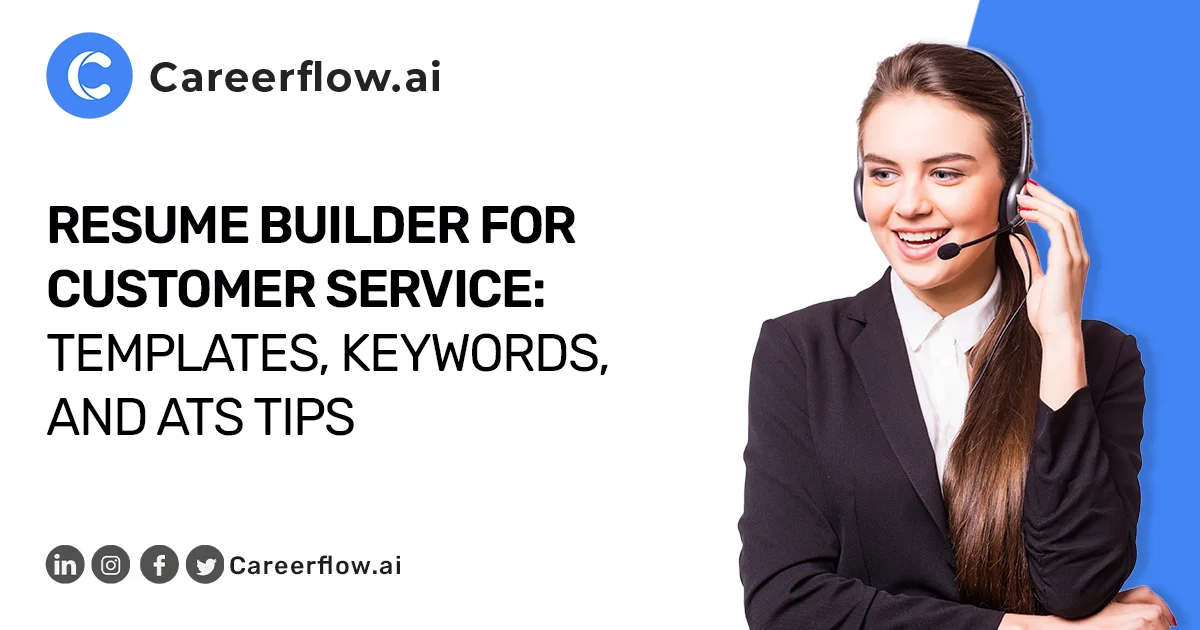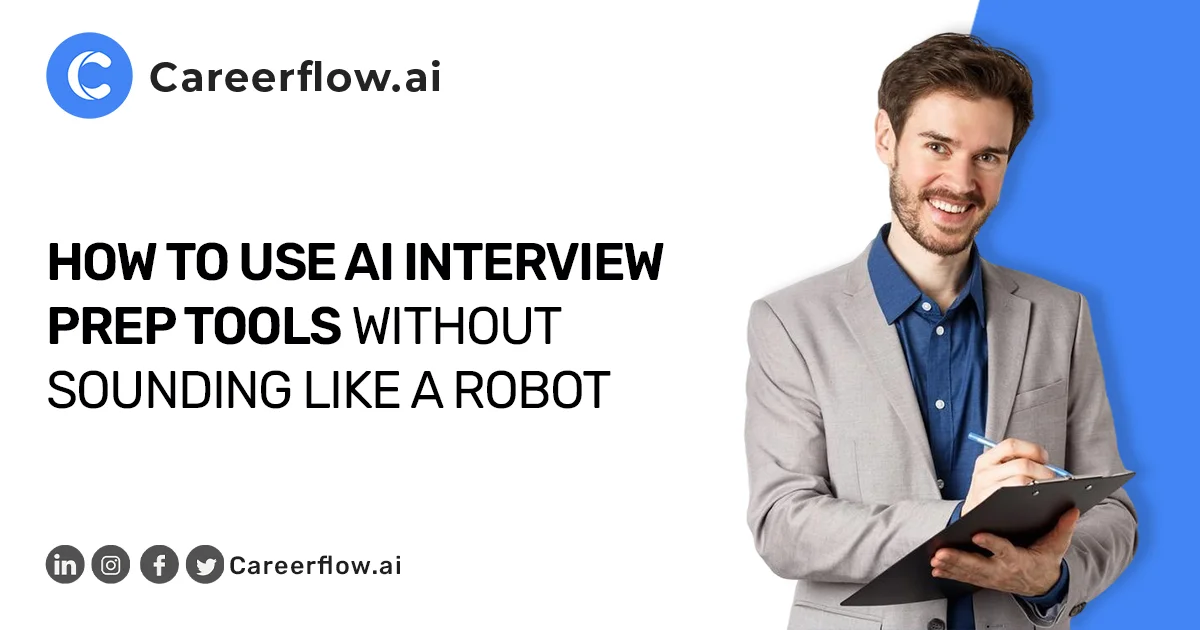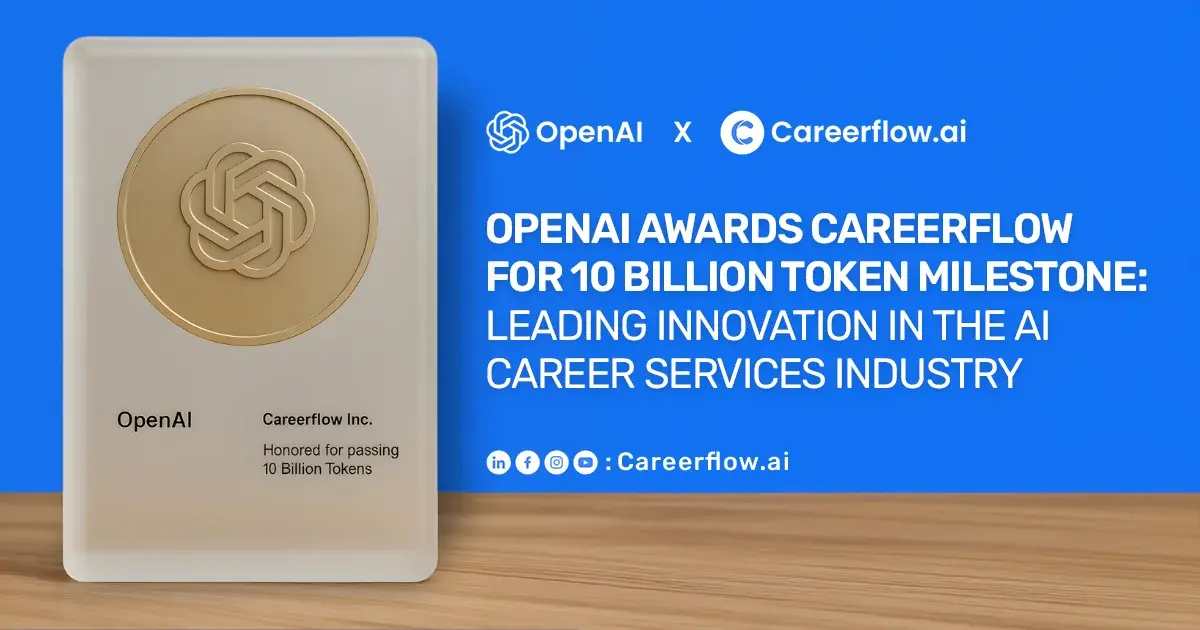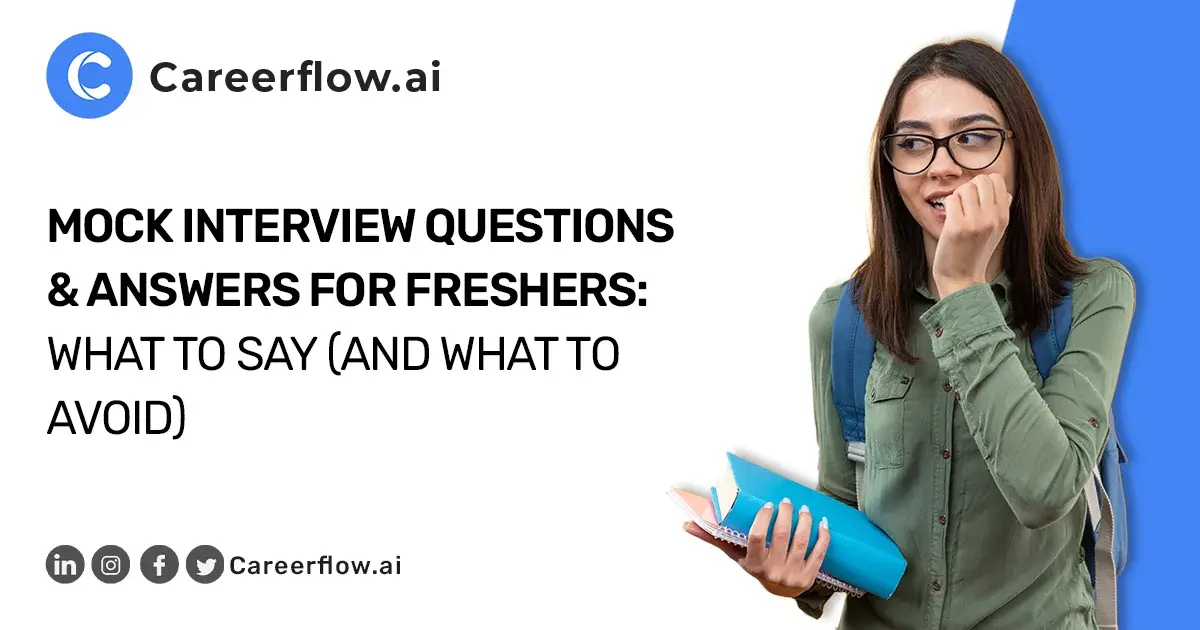Understanding the Microsoft Behavioral Interview
What is a Behavioral Interview?
A behavioral interview is a type of job interview that focuses on assessing a candidate's past experiences and behaviors to predict their future performance. Unlike traditional interviews that often ask hypothetical questions, behavioral interviews delve into specific situations and challenges the candidate has faced in the past.
Purpose:
- Predictive Validity: Behavioral interviews are based on the premise that past behavior is a strong indicator of future performance.
- Cultural Fit: They help assess a candidate's alignment with Microsoft's values and culture.
- Problem-Solving: They assess a candidate's capacity to think critically and make sound decisions under pressure.
- Teamwork: They assess a candidate's interpersonal skills and ability to collaborate effectively.
How Microsoft Uses Behavioral Interviews to Assess Candidates
Microsoft uses behavioral interviews to evaluate candidates across several key competencies. These competencies are essential for success at the company and are aligned with its mission and values.
Key Competencies Assessed
- Problem-solving and Decision-Making:
- How do you approach complex problems?
- Can you make informed decisions with limited information?
- How do you weigh risks and rewards?
- Teamwork and Collaboration:
- How do you work effectively with diverse teams?
- Can you resolve conflicts and build consensus?
- How do you contribute to a positive team culture?
- Leadership and Influence:
- How do you inspire and motivate others?
- Can you drive change and innovation?
- How do you build relationships and influence stakeholders?
- Adaptability and Resilience:
- How do you handle change and uncertainty?
- Can you bounce back from setbacks?
- How do you learn from your mistakes?
- Customer Obsession and Impact:
- How do you prioritize customer needs?
- Can you drive results and measure impact?
- How do you continuously improve products and services?
By assessing these competencies, Microsoft aims to identify candidates with the skills and qualities necessary to thrive in a fast-paced, innovative environment.
STAR Method: A Proven Framework for Behavioral Interviews
The STAR method is an organized strategy for responding to behavioral interview questions. It stands for:
- Situation: Describe the particular situation or difficulty you experienced.
- Task: Describe the goal or task that you were in charge of.
- Action: Describe the steps you took to deal with the circumstance.
- Outcome: Highlight the result of your choices and their influence.
How to Apply the STAR Method in Responses
- Listen Carefully: Pay close attention to the interviewer's question and identify the key competencies they are assessing.
- Choose a Relevant Example: Select a story that demonstrates your skills and aligns with the question.
- Structure Your Response: Follow the STAR framework to organize your thoughts and provide a clear and concise answer.
- Be Specific: Support your arguments with particular examples and facts.
- Quantify Results: Whenever possible, use metrics or data to measure the impact of your actions.
Breaking Down Examples with the STAR Framework
✅ Example: Question: Tell me about a time when you had to deal with a difficult customer.
- Situation: I was working as a customer service representative when a customer called in extremely upset about a recent purchase.
- Task: My goal was to resolve the customer's issue and restore their satisfaction.
- Action: I listened attentively to the customer's concerns, empathized with their frustration, and apologized for any inconvenience. I then offered to exchange the product or provide a full refund.
- Result: The customer was pleased with the resolution and expressed gratitude for my assistance. Their satisfaction rating improved significantly, and I received positive feedback from my supervisor.
Importance of Being Concise and Specific
- Clarity: A concise and specific response is easier for the interviewer to understand and evaluate.
- Focus: Avoid rambling or going off on tangents. Stick to the STAR method and answer the question directly.
- Impact: Highlight the key results of your actions to demonstrate your value.
Tailoring STAR Stories to Microsoft’s Values
To truly impress Microsoft interviewers, tailor your STAR stories to align with the company's core values. Some of Microsoft's key values include:
- Growth Mindset: Showcase your willingness to learn new skills and adapt to new challenges.
- Empathy: Demonstrate your ability to understand and connect with others.
- Innovation: Highlight your creativity and problem-solving skills.
- Passion: Express your enthusiasm for technology and your commitment to making a positive impact.
By carefully crafting your STAR stories and aligning them with Microsoft's values, you can increase your chances of securing a position at this prestigious company.
Common Behavioral Questions at Microsoft
Microsoft, known for its innovative culture and high standards, often uses behavioral interviews to assess potential candidates. These interviews aim to evaluate your soft skills, problem-solving abilities, and cultural fit. Here are some common behavioral questions you might encounter:
✅ Working as a Team
- Microsoft-specific question: "How have you fostered a collaborative and inclusive environment within a diverse team at Microsoft?"
- Possible answer: Highlight your initiatives to promote teamwork, encourage open communication, and respect different perspectives.
✅ Working With Clients
- Microsoft-specific question: "How have you prioritized customer satisfaction and addressed their needs effectively while working on a Microsoft project?"
- Possible answer: Discuss your approach to understanding customer requirements, meeting deadlines, and providing exceptional service.
✅ Working with Yourself & Manage Your Time
- Microsoft-specific question: "How do you balance the demands of a fast-paced, innovative environment at Microsoft while maintaining your focus and productivity?"
- Possible answer: Explain your time management strategies, ability to prioritize tasks, and techniques for staying organized.
✅ Flexibility & Adaptability
- Microsoft-specific question: "How have you adapted to changing priorities and evolving technologies within Microsoft's dynamic environment?"
- Possible answer: Describe your experiences with learning new skills, embracing change, and overcoming challenges.
✅ Professional Ethics & Goals
- Microsoft-specific question: "How do your personal values align with Microsoft's mission to empower every person and every organization on the planet to achieve more?"
- Possible answer: Discuss your commitment to Microsoft's values, such as innovation, growth mindset, and empathy.
Remember to tailor your answers to your specific experiences and how they relate to Microsoft's culture and values.
Tips for Answering These Questions
- Link answers to Microsoft's core competencies: Microsoft values a growth mindset, empathy, innovation, and passion. Your responses should reflect these qualities.
- Use the STAR method: The STAR method (Situation, Task, Action, Result) is a useful framework for organizing your responses.
- Be specific and concise: Provide concrete examples and avoid rambling.
- Highlight your accomplishments: Quantify your achievements whenever possible.
- Practice beforehand: Rehearse your responses to common behavioral questions to build confidence.
Avoiding Common Pitfalls
- Avoid generic answers: Provide specific examples that demonstrate your skills and experiences.
- Don't exaggerate: Be honest and truthful in your responses.
- Stay positive: Focus on your strengths and accomplishments, even when discussing challenges.
By following these guidelines and tailoring your answers to Microsoft's specific requirements, you can increase your chances of success in your behavioral interview.
📢Note: The answers to the above questions may vary depending on the candidate's experiences.
Also Read: How to use ChatGPT for Behavioral interviews Preparation
Careerflow's AI Mock Interview
Practice makes perfect, right? But finding someone to practice with can be tough. Asking busy friends or family is hard, and hiring a coach is expensive.
Imagine having a practice interview partner available 24/7. That's what Careerflow's AI Mock Interview tool can do! You can practice as much as you want, whenever you want, without spending a lot.
Here are some simple steps to be followed
Struggling to find someone to practice with? Careerflow's AI can be your interview buddy!
- Head to Careerflow
- Log in and click "Practice" on the homepage.
- Choose your dream job, company, and interview style.

- Turn on your camera and answer AI interview questions just like a real one.
- The AI will analyze your answers for you. Use the analysis and feedback to improve your skills.
Voila! You've practiced your interview without needing a human!
Conclusion
Remember, the Microsoft behavioral interview is not just about your skills; it's also about your fit within their culture. By staying calm, confident, and authentic throughout the process, you'll increase your chances of making a positive impression.
Good luck on your Microsoft journey✨! With preparation, confidence, and a genuine passion for technology, you're well-equipped to succeed.
Ready to take your interview prep to the next level? Careerflow.ai offers a suite of resources designed to empower your job search.
- Careerflow.ai: Explore career coaching, ai resume builder, cover letter and linkedIn optimization, and personalized interview prep strategies to stand out from the crowd.
- Careerflow AI Mock Interview Tool: Practice makes perfect! Refine your responses and build interview confidence with our innovative AI mock interview tool.
"Team Careerflow wishes all of you the very best of luck✨!"


.webp)

.webp)




